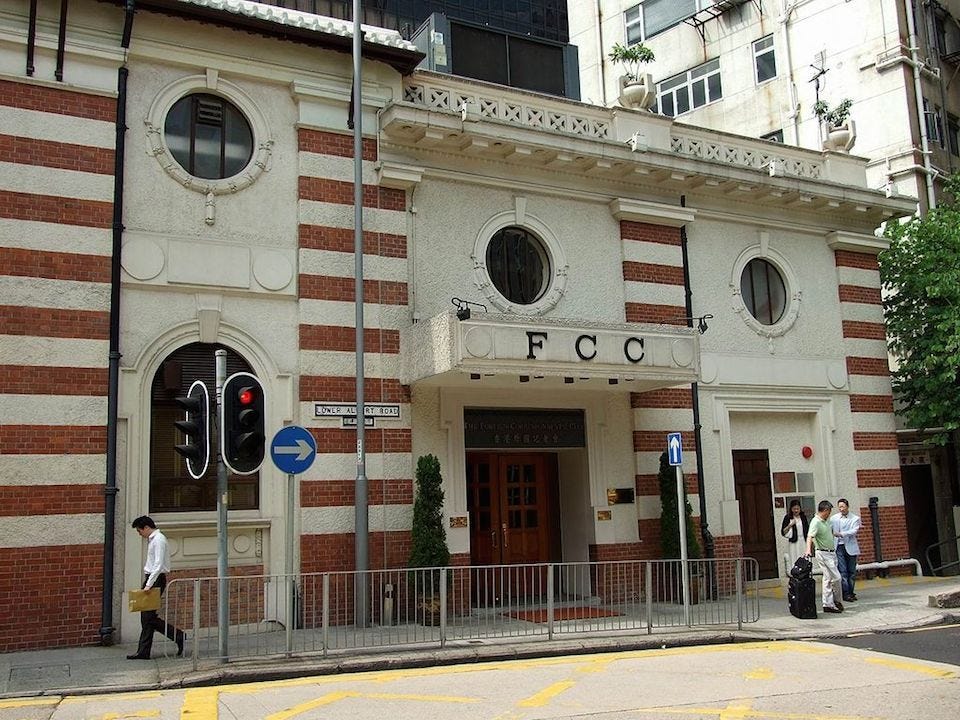Hong Kong Waffles on Foreign Correspondent Visas
Cloudy decision allowing China-based foreign correspondents into SAR

As an increasingly uneasy Hong Kong has watched mainland officials dramatically erode the territory’s independence over the past month, the government has issued a murky opinion that appears to eat into the autonomy of the international press working in the city.
While the decision cites Hong Kong’s authority to maintain a free press and free speech unde…
Keep reading with a 7-day free trial
Subscribe to Asia Sentinel to keep reading this post and get 7 days of free access to the full post archives.



